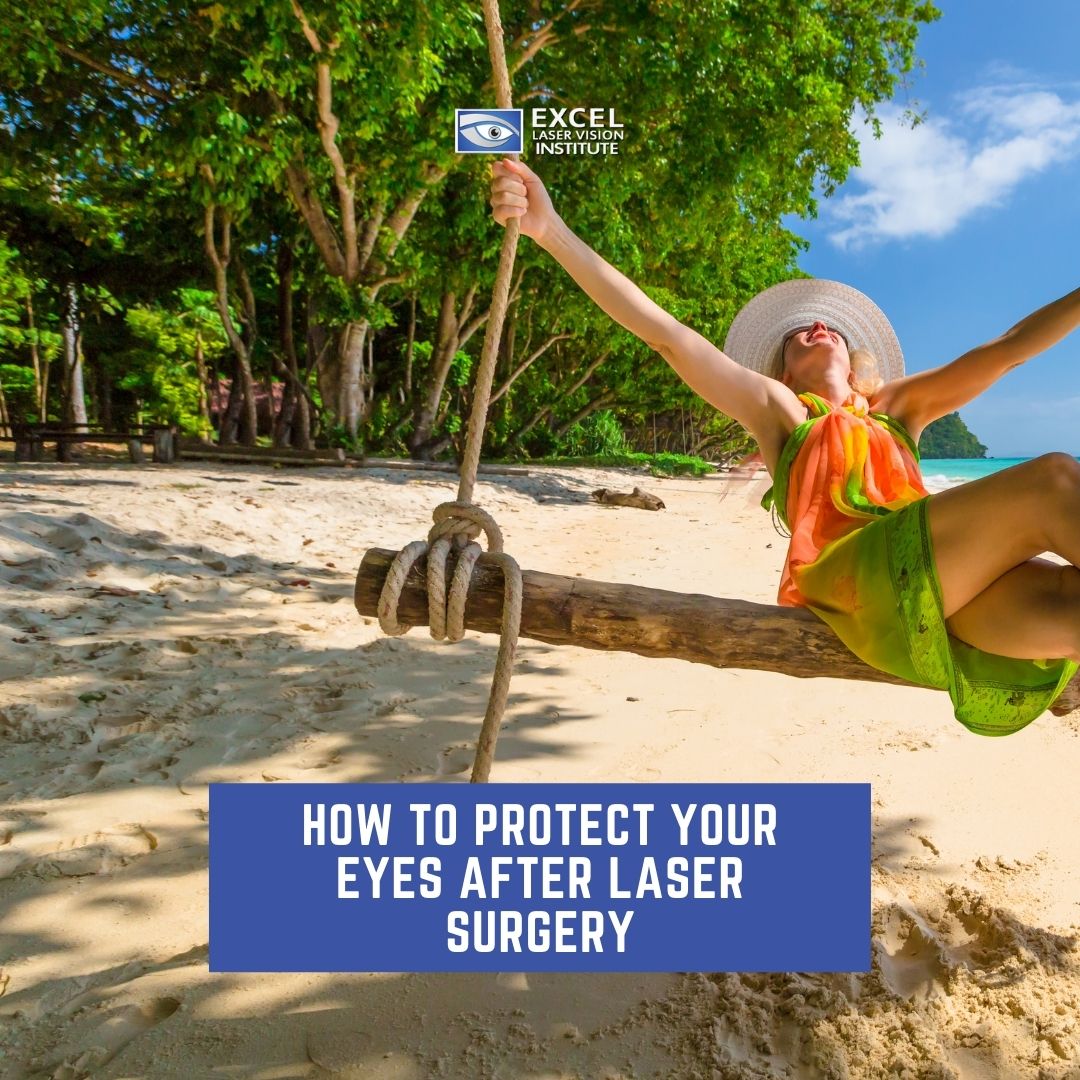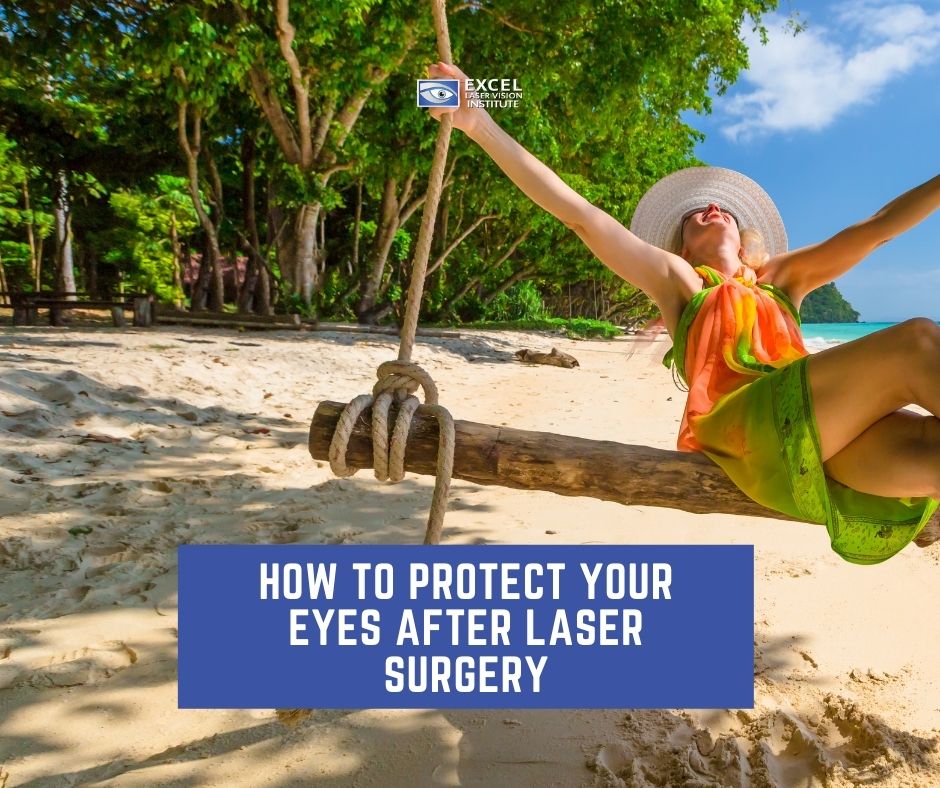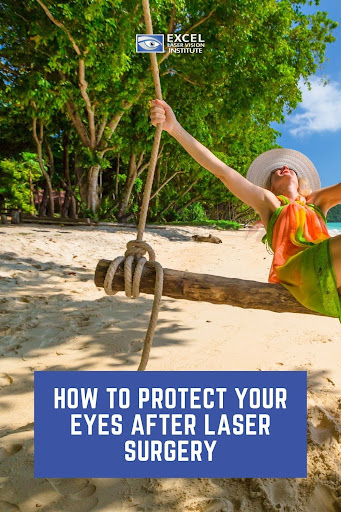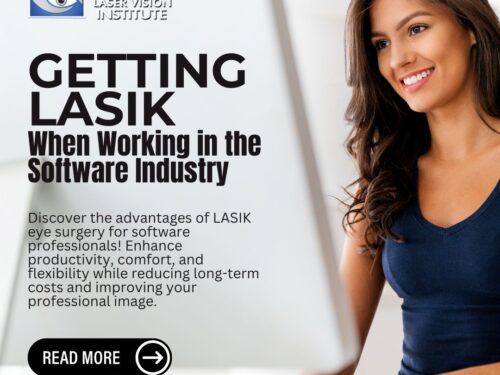
If you have decided to go through LASIK eye surgery, you have made the right choice to improve your overall vision. However, LASIK eye specialists in Orange County want to clarify that you still have to protect your eyes even after you have had the procedure.
Therefore, after you have had the best laser eye surgery, make sure you get the best post-operative results and safeguard your vision with these important steps to protect and promote your overall eye health.
After your LASIK eye surgery procedure, your ophthalmologist will give you post-operative instructions to follow to assist in a smooth recovery. Nevertheless, when you have completely recovered, you should still practice specific things to make sure you protect your eyes.
Below are some of the best practices to protect your eyes after having LASIK eye surgery. This will allow you to get the best results after your procedure and also help you to protect your eyes from future diseases and injuries.
Best Practices After LASIK Eye Surgery
Carefully Plan Out Your Activities
One of the biggest benefits of LASIK eye surgery is the fact that it provides a fast recovery time, and most patients return to their normal routines within 24 hours. Still, you won’t be able to participate in every activity immediately. For instance, you won’t be able to do certain strenuous activities for at least a few days or a week in some situations. This is why your eye surgery and you should have a recommended activity schedule to follow accordingly.
For example, it is important to refrain from any activities that could lead to your eyes being poked, rubbed, or touched on surgery day. You will have to forget showering since you don’t want to get water and soap in your eyes. Also, you won’t be able to drive, and your doctor will make it clear to avoid alcohol.
Nonetheless, three days after your surgery, you should be able to carry out light exercise or outdoor activities. Also, if you feel like taking a dip, you can wear goggles while you swim, wear eye makeup, and suntan. One week after the procedure, you can move forward with more vigorous activities, such as sailing or swimming, without the need for goggles.
You must remember that even when you are completely recovered and can participate in many activities, you must use the appropriate protective gear, such as safety goggles. This is very important if you have a job in which eye injuries are highly likely in the workplace.
Go To Post-Operative Exams And Appointments
After your procedure, Excel Eye Vision will schedule several mandatory post-operative exams for you to monitor your progress during your recovery. These usually take place at the following times:
- 24 hours post-procedure
- 2 weeks post-procedure
- 1-year post-procedure
It is also crucial that you regularly attend your eye exams. This is only to check the results of your LASIK eye surgery and also to keep track of your overall eye health. This is essential even if you aren’t experiencing any obvious problems with your vision since many eye issues stay under the radar, such as glaucoma, cataracts, diabetic retinopathy, and macular degeneration.
For adults who are younger than 40 who don’t have any known eye issues or symptoms, it is usually recommended to have a routine eye check-up every two years. Nevertheless, since eye health usually deteriorates with age, individuals who are 40 years old and older should get their eyes checked every 1 to 2 years. Those who have a history of eye problems should think about seeing their eye doctor at least once a year.
Treat Dry Eyes
Some patients experience dry eyes after laser eye surgery, even though this side effect is only temporary in many situations while the eyes heal. Dry eyes are distinguished by the following symptoms:
- Burning, red, or itchy eyes
- Excessive tearing
- The sensation of sand in the eyes
There are several ways to treat dry eyes. For instance, the most usual methods to treat dry eyes consist of over-the-counter drugs or prescription medications. Additionally, you can find pain relief from the symptoms by putting a warm, wet cloth over the eyes for five minutes, massaging the eyelids with a mild soap (i.e., baby shampoo), or trying Omega-3 supplements and castor oil drops.
Additionally, you try a comfort plug, which is a microscopic plug inserted into a patient’s tear duct. It helps to boost the level of the tear film, which then helps to regulate moisture levels and reduce the discomfort you have when experiencing dry eyes.
When Outdoors, Wear Sunglasses
This goes for everyone and not just those who have had LASIK eye surgery. Wearing sunglasses is important to make sure your overall eye health is good. Especially, sunglasses are important for protecting the eyes from the sun’s UV rays, which can cause cataracts and macular degeneration, among many things.
Be careful since not all sunglasses are made the same. Wearing sunglasses that don’t have enough protection will not do much to protect your eyes. As a matter of fact, the American Academy of Ophthalmology (AAO) recommends looking for sunglasses that have a tag or sticker pointing out they block 99% to 100% of UV rays.
What’s more is that your eye surgeon will instruct you to wear a special pair of sunglasses right after your LASIK eye surgery, which the clinic will provide you with. You should wear these sunglasses rather than your personal pair, which may not give enough protection. Afterward, keep wearing quality sunglasses that block 99% to 100% of UV rays when outdoors.
Protect Your Eyes From Digital Eye Strain
Digital eye strain (also referred to as computer vision syndrome) refers to a myriad of vision-related problems caused by long exposure to digital devices. It’s identified by symptoms such as:
- Eyestrain
- Headaches
- Blurred vision
- Dry eyes
- Neck and shoulder pain
Digital eye strain has been linked to many short and long-term health problems. Whether you work at a computer or just scroll through a phone or tablet in your personal time, taking steps to protect your vision from the blue light emitted by digital screens is crucial to ensuring overall eye health.





